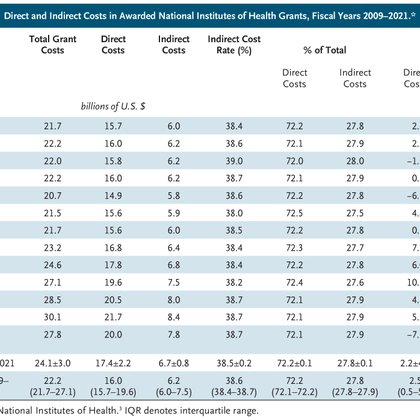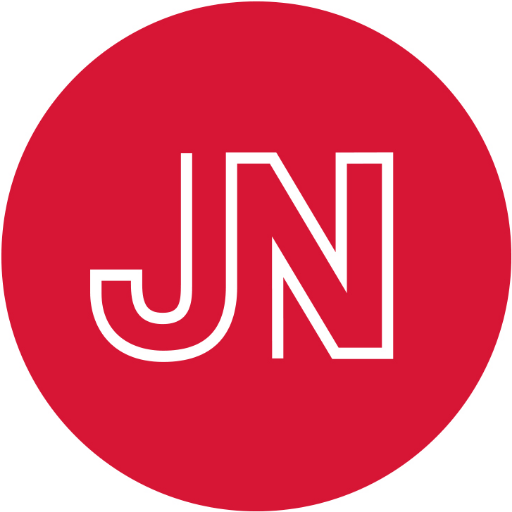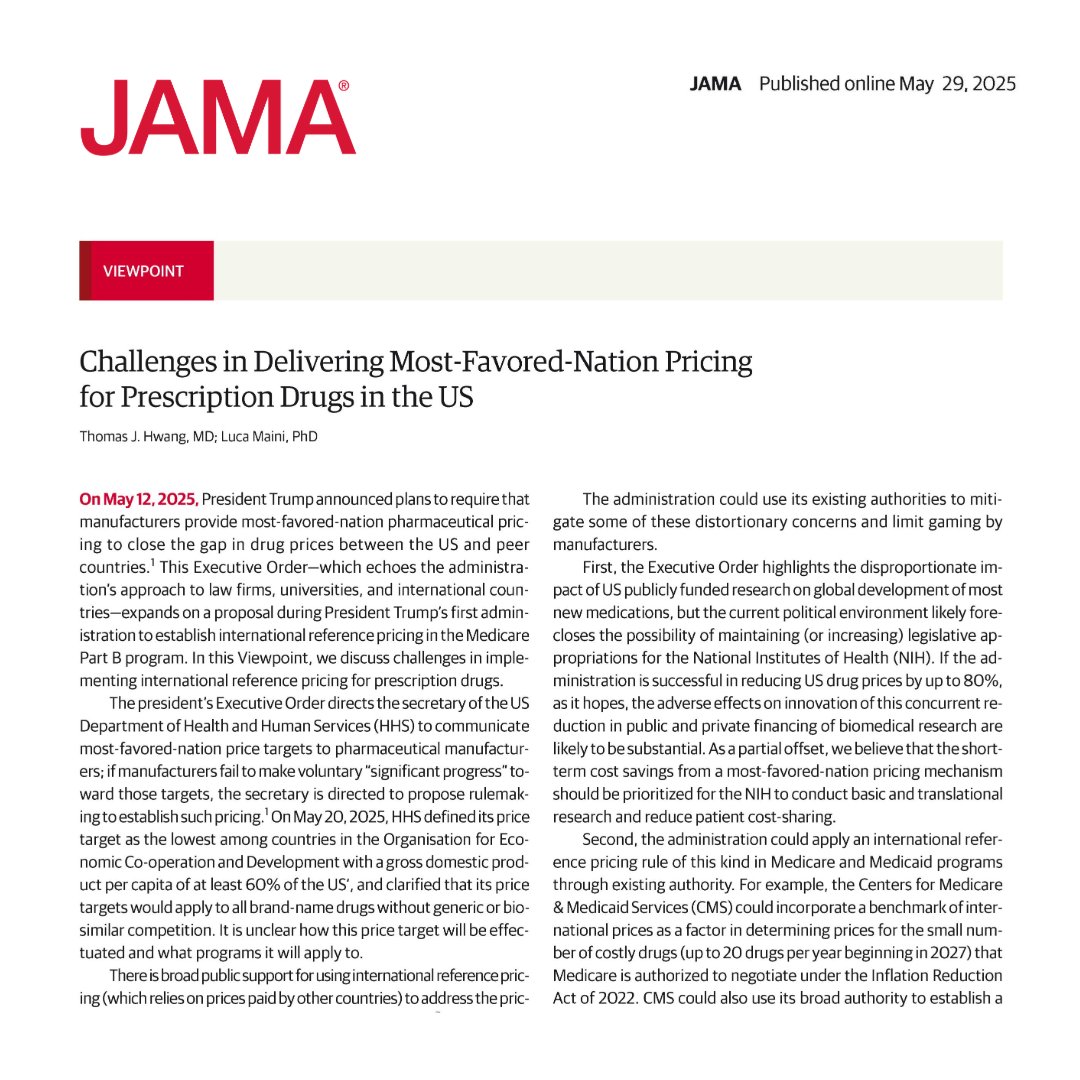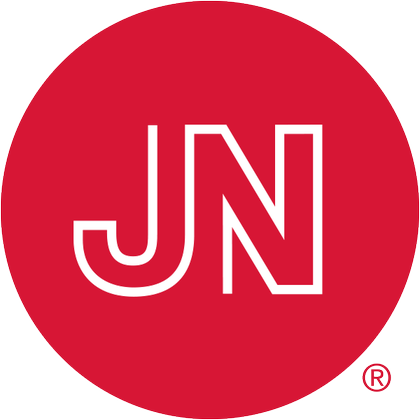
Amar Kelkar, MD, MPH, FACP
@amarkelkar
Followers
4K
Following
65K
Media
2K
Statuses
14K
BMT/Hematology👨🏾⚕️➡️@DanaFarber + @BrighamWomens + @harvardmed | #CareDelivery🔬| @HPJournalClub | @HarvardChanSPH MPH ‘23 | @Cornell ‘10 |❤️Heme & Policy🤓
Boston, MA
Joined September 2008
📢 My new @NEJM article: "U.S. Research Leadership at a Crossroads" examines the proposed 15% cap on @NIH indirect cost rates (ICRs). This threatens the foundation of US medical research leadership. #NIHfunding 1/6
nejm.org
The Trump administration’s proposed 15% cap on indirect-cost rates for National Institutes of Health grants risks upending the paradigm that underpins American leadership in medical research.
1
6
20
RT @MarilynHeineMD: 🚨New AMA report analyzes the #pharmacybenefitmanager (#PBM) market concentration & its impact. The report reviews the….
0
21
0
For a longer summary of our article @JAMA_current:
New in @JAMA_current: The 2025 “Most Favored Nation” (MFN) drug pricing policy rightly captures the necessary urgency in lowering US drug costs—but is likely to face fierce opposition. We propose accelerating & improving on Medicare drug price negotiation.
0
0
1
Viewpoint: @CMSGov's draft guidance for Medicare's Drug Price Negotiation Program addresses concerns that manufacturers might use combination drugs to evade price negotiations.
1
0
0
Our article was one of a few recent @JAMA_current articles on "Most Favored Nation" drug pricing and @MedicareGov price negotiation by @bnrome @DusetzinaS @thomasmd and others that help explain the current state of the US drug pricing landscape.
Viewpoint: To effectively reduce drug costs, the US needs its own price negotiation framework rather than relying on international benchmarks, as proposed by the Trump administration.
1
0
0
The urgency is real, but the “Most Favored Nation” drug pricing policy is unlikely to deliver lasting reform. In @JAMA_current, @Eddie_Cliff and I propose accelerating and strengthening @MedicareGov drug price negotiation to align prices with value.
jamanetwork.com
This Viewpoint discusses the most favored nation policy vs price negotiation for reducing drug prices.
Viewpoint: The reintroduction of the most favored nation pricing policy aims to curb high US drug prices but faces legal and operational challenges.
2
1
6
RT @JAMA_current: Viewpoint: To effectively reduce drug costs, the US needs its own price negotiation framework rather than relying on inte….
0
4
0
RT @amarkelkar: New in @JAMA_current: The 2025 “Most Favored Nation” (MFN) drug pricing policy rightly captures the necessary urgency in lo….
jamanetwork.com
This Viewpoint discusses the most favored nation policy vs price negotiation for reducing drug prices.
0
5
0
RT @NishantUppal7: Excellent overview in @JAMA_current by @suhas_gondi and @bnrome on the recently announced most favored nation (MFN) poli….
jamanetwork.com
This Viewpoint discusses the most favored nation policy vs price negotiation for reducing drug prices.
0
2
0
10/ The MFN policy reflects urgency—but not durability or long-term strategy. With the right reforms, Medicare negotiation can do better: lower prices faster, fairer, and without derailing innovation. 📰 Full Viewpoint in @JAMA_current:. @Eddie_Cliff
0
1
2
New in @JAMA_current: The 2025 “Most Favored Nation” (MFN) drug pricing policy rightly captures the necessary urgency in lowering US drug costs—but is likely to face fierce opposition. We propose accelerating & improving on Medicare drug price negotiation.
jamanetwork.com
This Viewpoint discusses the most favored nation policy vs price negotiation for reducing drug prices.
1
5
16
RT @MarilynHeineMD: AMA to HHS Sec:. “USPSTF…critical, non-partisan role …helping to ensure access to evidence-based clinical preventive se….
0
4
0










